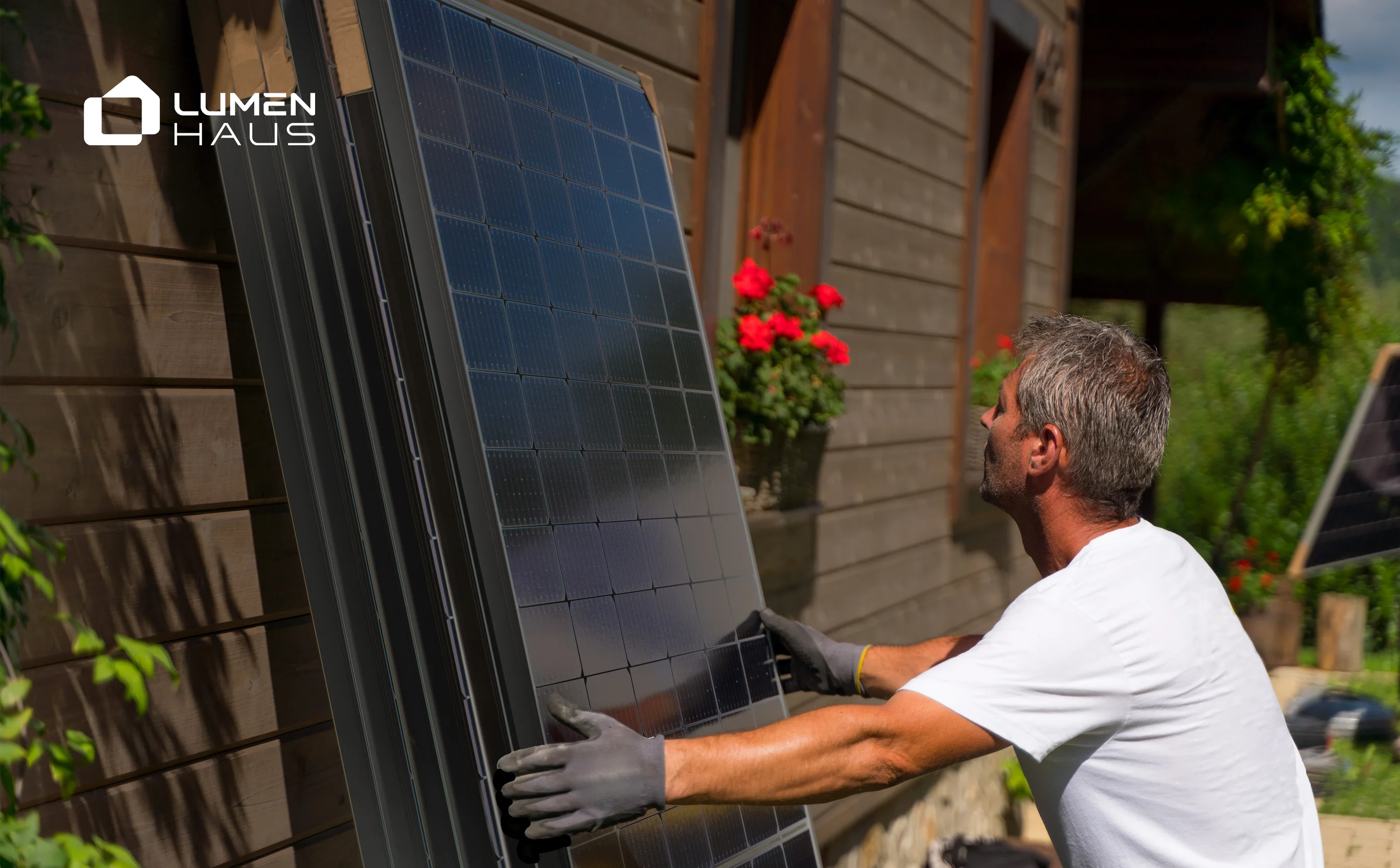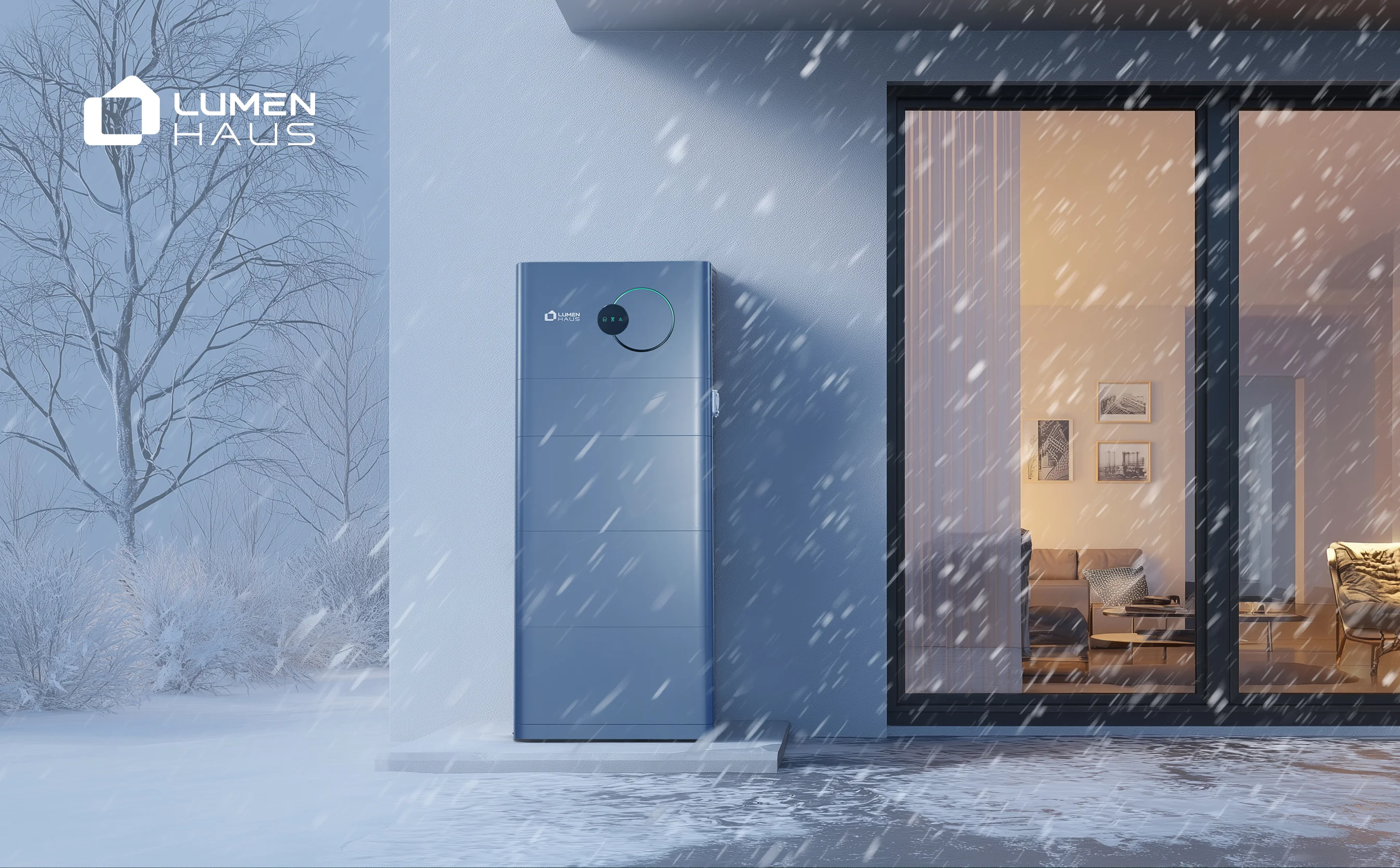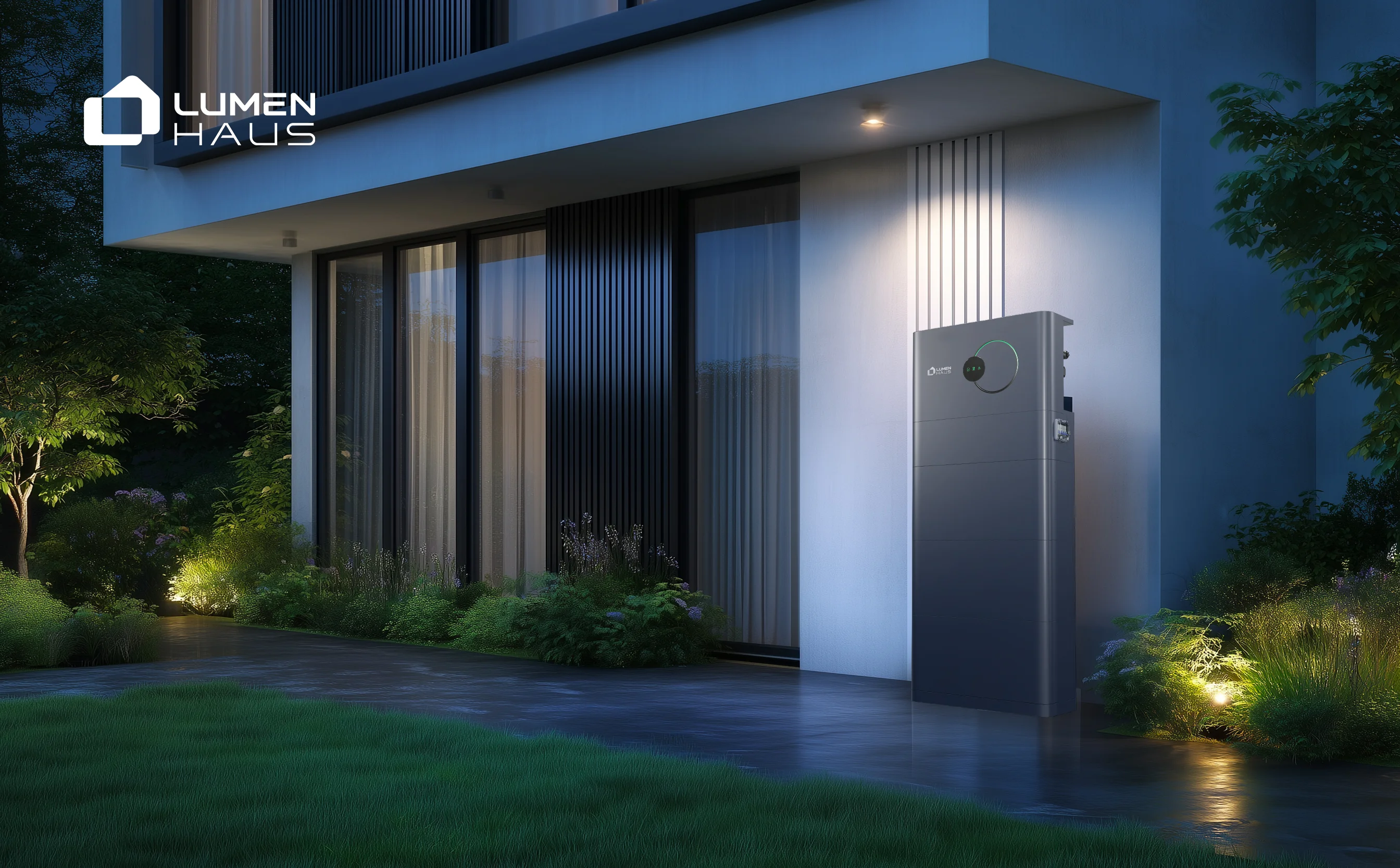The Smart Homeowner’s Guide to Solar-Powered Heat Pump
Are you thinking of upgrading your cooling and heating systems at home? Do you want to save on your electricity bill while contributing to saving our planet? Then, a solar-powered heat pump is the answer. The solar-powered heat pump is one of the best investments for your home. But it’s not as easy as it sounds. As a homeowner, you need to pay full attention to ensure that the heat pump is installed correctly to make the best of it. This article gives a summary of the solar-powered heat pump, including the benefits, the homeowner’s guide, the risks, and recommendations.

What Is a Solar-Powered Heat Pump?
A solar-powered heat pump combines two clean technologies, such as:
- A heat pump: This is the main unit, which cools or heats your home with energy-efficient electricity. Heat pumps use electricity to move heat from a cool area to a warmer area.
- Solar panels: In this system, solar panels work as energy collectors. These panels sit on your roof and generate the electricity needed to run the heat pump.
Solar-powered heat pumps emit very few emissions and dramatically lower your electricity bill and lower your dependence on fossil fuels like oil or gas.
The Benefits of Solar + Heat Pump System Combo
Heat pumps and solar panels are popular technologies for producing and consuming energy in your home in a sustainable manner. So, let’s explore more about the benefits of this combo.
1. Big Energy Savings
Compared to an outdated heating and cooling system, heat pumps are two or three times more efficient. You will mostly see the difference in summer, because they use five times less energy when in cooling mode than when in heating mode. With solar panels as your energy supplier, your house can produce most of the energy by itself, which means lower electricity costs.
2. Good for Our Planet
We all know that using clean energy is one of the ways to save our planet. Instead of using oil or gas, heat pumps use clean electricity, which can help lower carbon emissions. Together with the solar panels, you’re literally running your heating and cooling system on sunshine!
3. Get an Incentive and Get Your Money Back in Your Pocket
Because of government incentives, switching to a solar-powered heat pump can be a wise financial decision for individuals and businesses. Federal tax credits under the Inflation Reduction Act (IRA) in the United States include a large 30% credit for solar panel systems and up to $2,000 for heat pump installations. Many countries in Europe also offer strong support. For example, in Germany, the government covers most of the costs of a heat pump. If you replace your outdated fossil fuel system with renewable solar energy, the German government can pay up to 70% of the cost.
A Comprehensive Guide to Solar-Powered Heat Pump Installation
1. Do a Home Energy Audit First
Before buying a heat pump, it’s advisable for you to audit your home. It means to see where the part of your home that might be wasting energy is. You can ask for help from a professional auditor to perform a home audit and find spots where energy is escaping, like a leaky window or poor insulation. You need to fix these problems first so that your house is more efficient. Because it's such a waste to have a good heat pump while the problem itself is the house.
2. Choose the Right Heat Pump for Your Needs
There are 2 kinds of heat pump. First, there is the air-source heat pump, the most commonly used type and one that gives a pretty decent balance between cost and performance. It achieves this by transferring heat between your home and the outside air. But unfortunately, this kind of heat pump is not suitable for a cold area. A ground-source (geothermal) heat pump system may be the best option and well worth the additional initial cost if you live in a very cold climate and want maximum efficiency.
3. Find a Qualified Contractor
A heat pump installation requires specialized expertise. Seek out a qualified company with solar energy and heat pump system experience. Ask for their certification, and don't be afraid to check the internet reviews or ask for references.
4. Make Sure Your Contractor Performs a Manual J-Load Calculation
This step is often missed, but it’s very important! A Manual J load calculation is a detailed assessment that figures out exactly how much heating and cooling your home needs. This evaluation takes into account home size, insulation, and window sizes as well as the local climate. You wouldn't be able to determine whether the heat pump you plan to install is too big or too small without this assessment. The wrong heat pump can lead to higher energy costs, uncomfortable room temperatures, and a shorter equipment lifespan.
5. Check Your Solar Panels or Plan for New Ones
If you already have solar panels, your contractor will check if your current system can handle the extra electricity needed for a heat pump. If not, further panels may be required. We recommend you install both systems simultaneously if you're starting from scratch because it can simplify permits and save labor expenses. Ask your installer to at least have your electrical panel ready so you can add solar later without having to do any significant rewiring.
Is There a Risk of Installing a Heat Pump?
While the technology is great, HVAC experts say that up to 50% of heat pump systems are installed incorrectly. This can lead to:
- Rooms that stay cold in winter or hot in summer
- Unexpectedly high energy costs
- Premature equipment failure
- Frustration and regret
So what’s going wrong?
Installations of heat pumps are still frequently handled by businesses as though they were simply replacing an outdated furnace. A heat pump, on the other hand, is far more complex and precise; proper operation requires careful design and fine-tuning.
“Modern heat pumps are like Swiss watches,” says HVAC expert Jeremy Begley, a longtime industry pro and building performance educator based in Knoxville, Tennessee. “They require precision in every single aspect.”
Unfortunately, many installers haven’t caught up. Some haven't been trained in modern equipment. Others don’t understand design differences. And some are just rushing through jobs to hit sales targets.
So, as a homeowner, it’s really important to find the correct company to install a heat pump in your house. This will lead us to the next question, ‘Where to find a qualified heat pump company?’
Where to Find Qualified Heat Pump Installers?
You need more than just a conventional HVAC provider; you need a whole team that genuinely understands modern heat pump technology and how to connect it with solar energy. It’s important to look for companies that are dedicated to doing things exactly right and have specialized knowledge of renewable energy systems.
In this sense, LumenHaus is the answer. They collaborate with a network of highly qualified and certified professionals since they recognize the importance of a properly designed and implemented heat pump system. Moreover, their AI-controlled, whisper-quiet intelligent heat pump lowers energy expenses, blends in perfectly with your smart home, and provides individualized comfort. They are eligible for a government grant of up to 70%. LumenHaus is where home comfort begins.
How Solar Makes Your Heat Pump Even Smarter
- Battery Energy Storage
Energy storage is one of the best ways that solar power can improve your heat pump. You can store extra electricity during the day to power the heat pump at night or on gloomy days if you install a battery storage device, such as the LumenHaus SunSaver. This helps you maximize your solar investment and further reduces your dependency on grid electricity.
- Smart-Home App Integration
Beyond just storage, the real brilliance of a combined solar-heat pump system shines with a sophisticated control and monitoring app. The myLumenHaus App, for example, acts as the central brain for your home's entire energy system. With the help of the built-in AI, you can monitor the energy output of your solar panels in real time, understand the energy consumption trend, track the amount of electricity your heat pump consumes, and even change its settings remotely. At the end, smart-home app integration aids in optimizing power utilization and controlling energy flow
Final Word
If done correctly, implementing a solar-powered heat pump can provide homeowners with amazing advantages. Find a qualified, experienced, and trustworthy installer who knows how to design and commission a system for your house.
Download our catalog to learn more about our products or check out local solar/heat pump incentive programs in your area.



